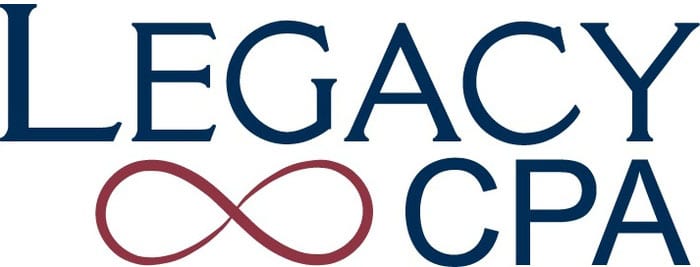Tax season is over.
Just like the North Pole elves in the Will Ferrell classic, Elf, perhaps your team could use a brief moment of celebration before getting back to work?
Although it’s a relief now, remember that tax season isn’t a one-time occasion. The decisions you make all year affect your April filing.
On that note, you know I would love an opportunity to come alongside your Southern Oregon business and help your filing process — and obviously, much more than the filing, the SAVING.
In short, you are one phone call away from setting up our first meeting. Whaddya say we approach tax season a little differently this year? My goal is to free you up from tax stress so that you can excel in other areas.
But as this tax season reminded many of our clients, one of the secrets to saving (money AND sanity) is building the right recordkeeping processes NOW, so that come February, you aren’t scrambling…
Everything You Need To Know About Tax Records For Southern Oregon Businesses
“For every minute spent in organizing, an hour is earned.” -Benjamin Franklin
In addition to the usual suspects — W2 forms, 1099 forms, bank statements, brokerage statements, etc. — we’re talkin’ receipts, sales slips, invoices, cancelled checks, and credit card and charity statements. Anything you can get your hands on will help you. Why?
There are many reasons why you should keep meticulous tax year records. At the top of that list, alongside the possibility that your business gets audited, is that it’s easier to file when you have all your tax records in one spot.
That answer may sound simple, but when we’re preparing to file your taxes, shuffling through closets and drawers and file cabinets will only create added frustration. No one wants that.
The When and The How
If the IRS suspects falsehood in your filing, resulting in more than a 25% return for your benefit, they have six years to inquire and investigate.
That should give you some idea of a timeframe … otherwise, they have a maximum of three years to audit your return in general (that is to say, you have a max of three years to file or amend a return before you’re really in trouble).
Speaking of real trouble, if the IRS suspects you of tax fraud, there is no statute of limitations. All bets are off, and they will track you down. Beware!
Again, it’s important you have a systematized way of storing your tax information. The more organized you are, the better off you’ll be.
In addition, if you ever feel like you’re missing tax information, you can file tax form 4506-T or form 4506T-EZ.
The Who . . .
…was a great band who offered some timeless classics. But in our context, the who is always the IRS.
And when it comes to organizing your business records, playing it safe — for the sake of potential IRS audits or run-ins — is always your best bet. If you are holding any of the aforementioned tax documentation, and are asking yourself, “Should I keep this or throw it away?” err on the side of caution and file that sucker.
For tips about your bookkeeping system, how to store documents, and what to do in the event of a business audit, I would love to talk strategy. Those are questions no one wants to figure out alone anyway, so please reach out if all this information makes you wonder: Where do I even begin?
Because this is my livelihood, I have a good idea of where we can start. 🙂
Feel free to share this post with any of your Southern Oregon business associates or clients you know who could benefit from our assistance. While these particular articles usually relate to business strategy, as you know, we specialize in tax preparation and planning for families and business owners.
Warmly,
Team Legacy CPA
(541) 326-0993
Legacy CPA

